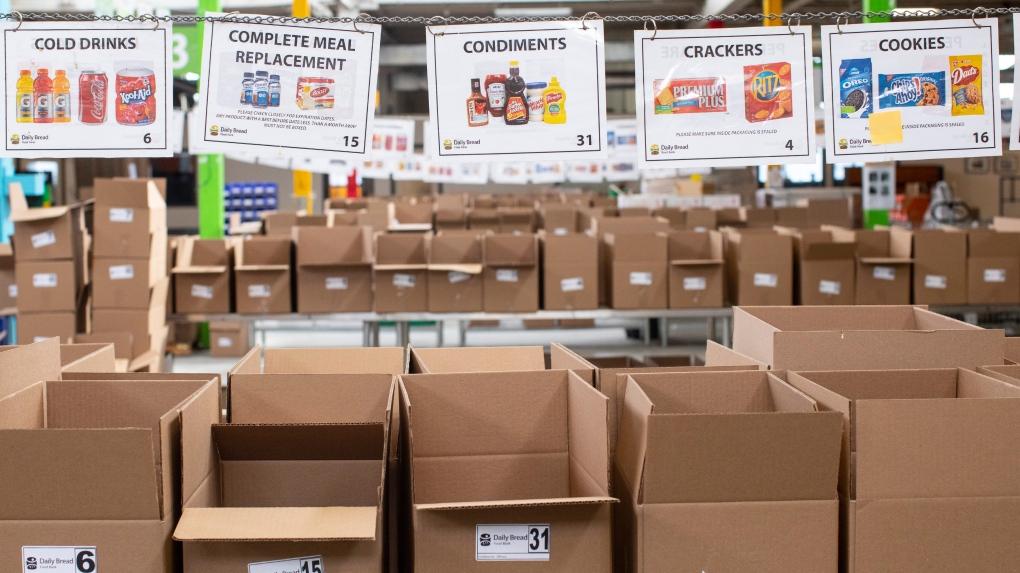One in four Canadians is experiencing food insecurity and many provinces received a worse “grade” on poverty reduction than a year prior, according to Food Banks Canada’s 2023 Poverty Report Card.
“Though deeply concerning, these results are sadly unsurprising to the thousands of food banks across the country who have seen a 50 percent increase in visits since 2021,” said Food Banks Canada CEO Kirstin Beardsley in a release.





